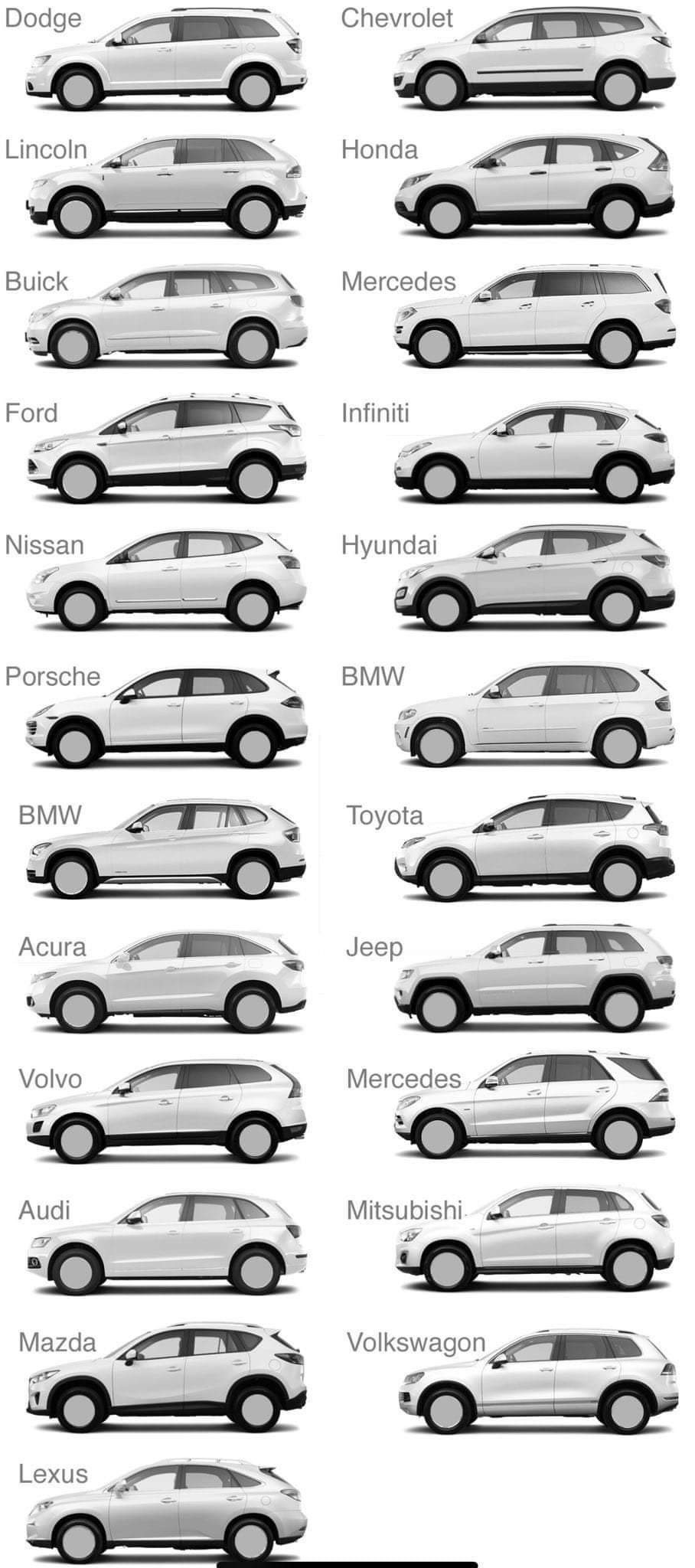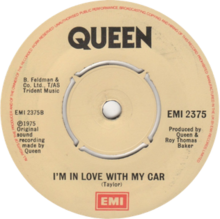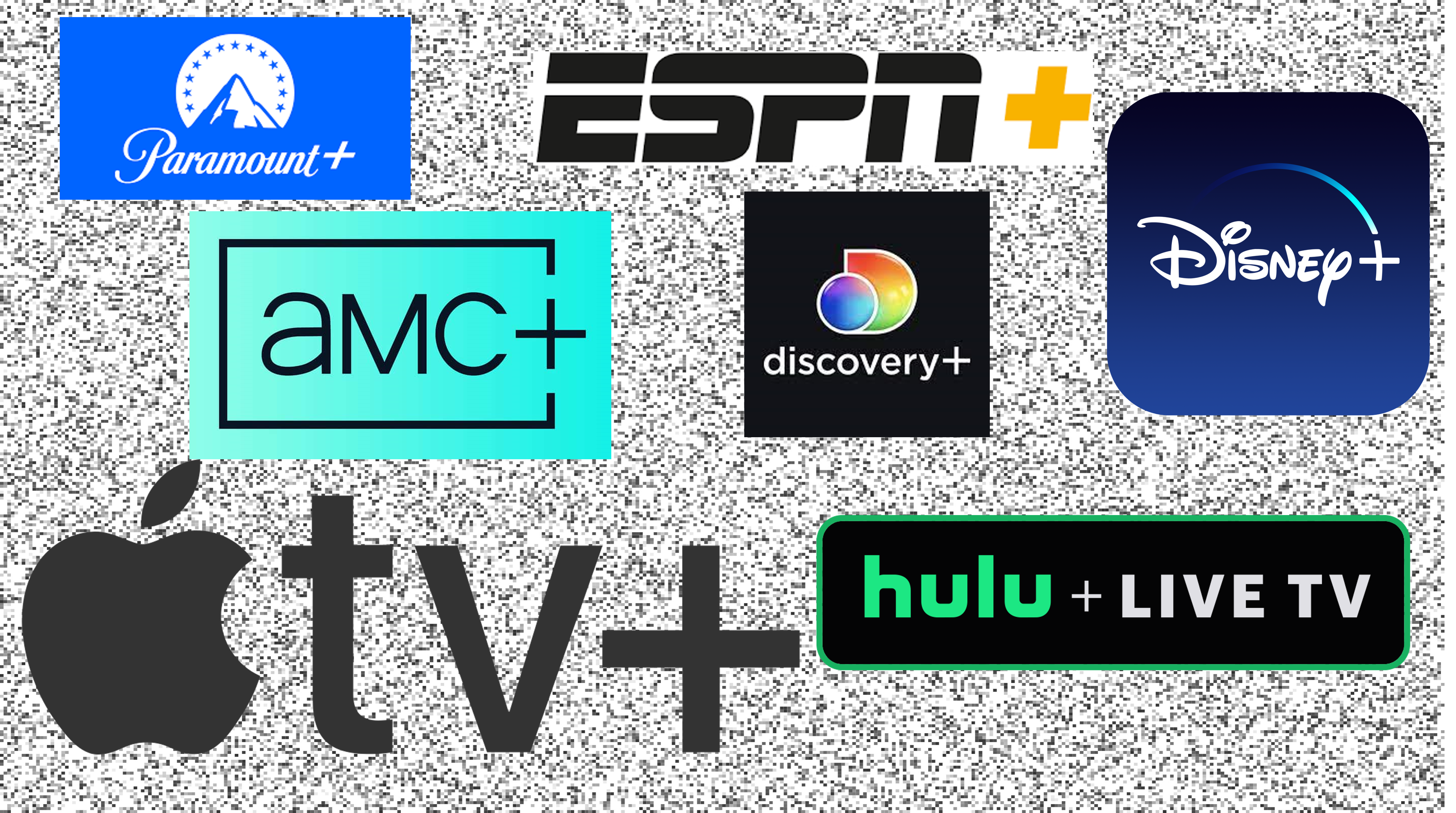
Are you in love with your car?
Probably not. And as the graphic at the top of today’s post perfectly illustrates, there may be a good reason why.
So many vehicles on the road today are virtually mirror images of each other. Growing up, kids were often experts at car-spotting – nailing the make and model of passing vehicles with great skill. Not so much today.
While today’s cars, trucks, and SUVs are of a much higher quality than they were a few short decades ago, it is much more difficult to differentiate one from the other. Competency does not breed passion.
On the radio the other day, I heard Queen’s “I’m In Love With My Car,” and it reminded me there was a time when we had a much deeper relationship with the cars we drove, often giving them names. It’s much harder to imagine having that kind of bond with a machine on four wheels that we’re just leasing for 36 months.

|
… When I’m holding your wheel … I’m in love with my carGot to feel for my automobileGet a grip on my boy racer roll barSuch a thrill when your radials squeal |
It’s hard to imagine a song like this being released today.
It’s truly because cars…like so many products are being engineered the same way, with the same look and feel, have the same characteristics and the same benefits. That may make for reliable motoring, but it stopped being fun a long time ago.
In the media world, we know how this works. There may be several reasons why SVOD platforms like Netflix and Hulu have reached so-called “peak subscription.” Yes, cost has a lot to do with it, but so does the fact every platform looks and is positioned in much the same way:

Hulu even mocked the “plus paradigm” with a spot parodying this same name game. Before reverting to using the now ubiquitous “plus” handle themselves.
https://www.youtube.com/watch?v=-xMmW6PAi4o
Radio has fallen into this same “sameness” trap. Hosts sound the same, the music is safe and similar, our contests all resemble on another, and we all break at the same time. It’s hard to imagine falling in love with too many radio stations these days.
Their music may be perfectly scheduled and the voicetracking eliminates annoying errors. But for those same reasons, they rarely inspire and instill passion. Like that vehicle sitting in your driveway, it’s there, doing its job, but not begging its owner to take a ride down on Thunder Road, Route 66, or on Lakeshore Drive.
We’ve got to look for – or better yet – create those distinctions that differentiate our radio stations from everyone else’s – those musical curve balls that surprise and delight, that night host who sounds like no one else you’ve ever heard, a contest that makes you say, “I can’t believe they’re giving that away,” or the special weekend you make an appointment to listen to.
Otherwise, we’re all just making Buicks and Toyotas. Or is it Hyundai or a Ford?
- Media And Technology In 2025: Believe It Or Not! - April 18, 2025
- In Radio, You Just Never Know - April 17, 2025
- The Secret To Making A Great Podcast (And Great Radio) - April 16, 2025




Talking ’bout Commoditization of radio…
Yup.
Strong competition –> survival of the fittest –> higher quality –> commodity. That is, one’s pretty much as good as another so price becomes the differentiator, like salt: Unless you’ve been gulled into thinking Morton’s is somehow better, you buy the private label salt of your local supermarket. As Fred brilliantly illustrated (and my wife has griped), cars have become that way, too. Radio?
Here’s a difference: Other than big metro downtowns, you require a car to get where you need to go. Radio is not required; if you want audio for company at the wheel or the office, radio is only one of many choices, so the consumer chooses whatever is easiest on his ears–and often chooses a commercial-free service whose subscription cost (eg, Pandora) is peanuts.
Has someone like me, who actually prefers radio to those commercial-free services, been gulled? I don’t think so, because I can explain in detail my reasons for my choice. But most people don’t care anymore. That is radio’s challenge: Make them care. How to do this is no secret to anyone who reads this blog, Fred lays it out every day. If you’re being prevented by “corporate” from doing what’s necessary, drag them in here and let Fred wise ’em up.
Being fun, different, local, comfortable and connected still works! Just like the “old days.”
👍 🙌!!!
Many thanks, Matt.
Another resounding “Amen”
Appreciated!
Having spent half my career in commercial media and half in public media, I see some lessons from both. Commercial radio content can tell it like it is, without being too precious about it. Public radio can make decisions (for the most part) that don’t have to compromise content for profit margin. Neither are pure, and I’ll just leave it at that. To the point of commoditization neither for-profit, nor non-prof radio are clean on that either. On the public radio side it’s definitely moved toward the commoditization of several key nationally syndicate shows that you can name, (while the big-shots there diss community radio). But I’ve recently heard some examples of a terrific hybrid of the two. That is, they combine several of the key national shows, particularly news/info, and blend in really cool and quirky local content. And those are really “fun” to listen to. When a public station can provide the important national stuff AND the voice of the community through volunteer hosts; whether it be spoken word, or music, or both…now there’s the magic. It’s definitely not a commercial money-making format. But I’m telling you that it’s a close as you can get to driving a ’55 Ford, or a ’57 Chevy, or even a ’63 Triumph Spitfire. And those are fun! For a change of pace google your local community radio station. Or if you’re driving through Kansas City try “The Bridge”, or in Far West Texas give a listen to Marfa Public Radio. They’re doing the hybrid version there. You’ll be glad you did. (disclaimer….Marfa Public Radio is a client).
And in mid-coast Maine, check out WERU (89.9 MHz Blue Hill, “We Are You”), founded decades ago by Paul Stookey et al., and still going very strong!